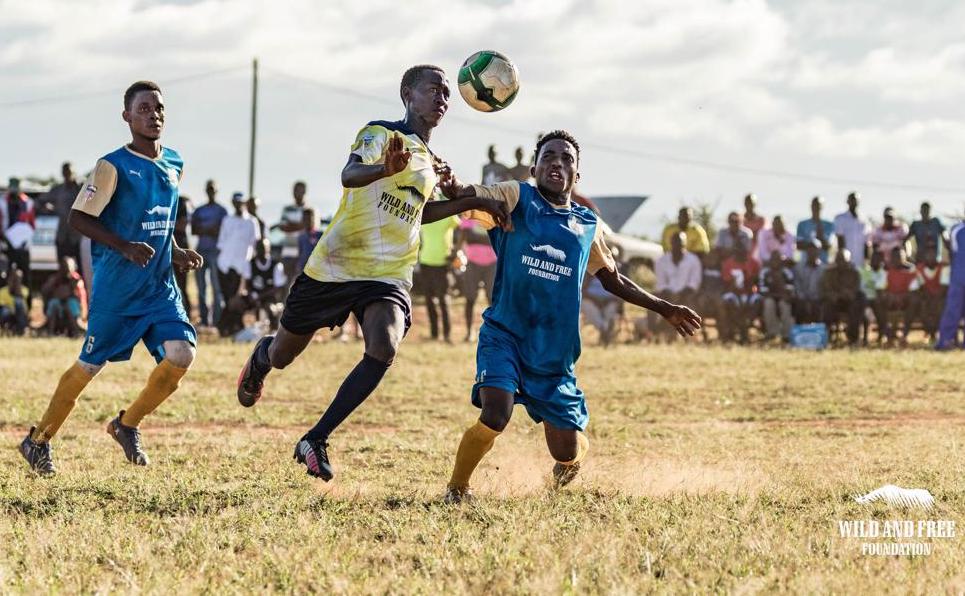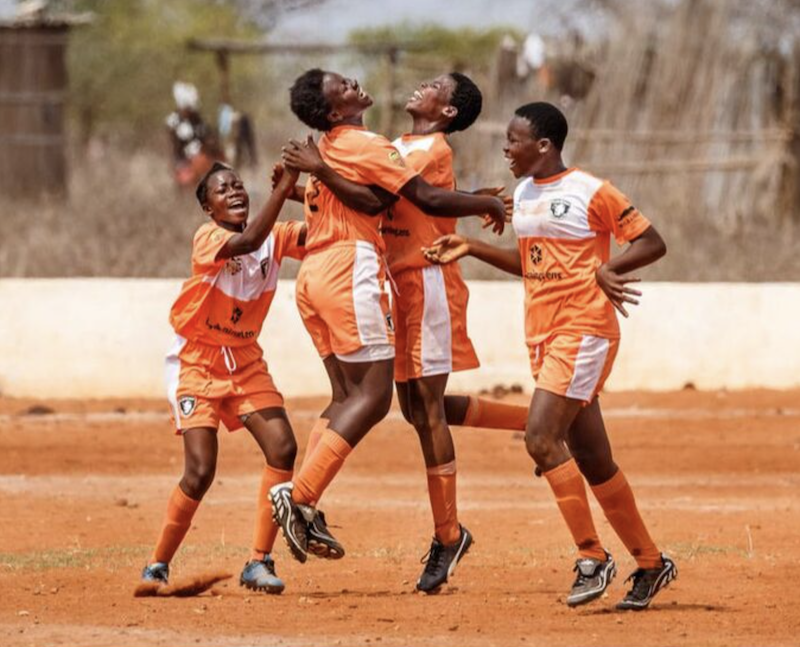
Football League Expands Wildlife Conservation Efforts in Africa
January 13, 2023
The Rhino Cup Champions League (RCCL), a soccer league based in rural communities surrounding national parks and wildlife reserves, began in Mozambique where large numbers of men were getting killed or arrested for poaching rhinos. Founded by the Wild and Free Foundation (WFF) in partnership with the Painted Dogs Conservation (PDC) in 2016, its goal is to “turn communities away from poaching, one game at a time” and provide alternative economic opportunities for the local communities.
The majority of the world’s rhinos are in South Africa, which has been the country hit hardest by poaching with more than 1,000 rhinos killed each year. But, poaching is a huge threat to wildlife across the continent. In Zimbabwe, 80% of the critical population of elephants was dramatically reduced by 36% and over 500 rhinos were lost over just five years. WFF states that boredom, idleness and poverty are some of the contributing factors to this illegal hunting practice.
Currently operating in Mozambique, Namibia and Zimbabwe, RCCL uses soccer to spur community engagement, bolster local economies and reduce the number of rhino deaths. In 2017, it created the "Rhino Cup," a two week soccer tournament that the league grew out of which leverages the popularity of the sport across the continent to aid in conservation efforts.
“We believe that when we create a ‘prosperous perimeter’ around national parks and wildlife reserves, community citizens will have very few or no reasons to poach. The populations surrounding wildlife reserves will become the custodians of the wildlife because they are benefiting from the wildlife being alive.”

The league tournament brings together local villagers, wildlife conservationists and game rangers to raise awareness of wildlife conservation in local national parks. With weekly games and practices, the RCCL is giving locals purpose and economic opportunities through jobs and prize money.
"Soccer gives a social setup whereby we share information and teach villagers about all animals, especially elephants,” said Khumbulani Nyoni, a local tourist guide. “In most cases, villagers become interested and volunteer to be part of the anti-poaching patrols and other conservation activities.”
Since its inception, the league has grown to 60 men’s and women’s teams in three countries with over 1,300 players and coaches and created more than 100 jobs. According to WFF, in every RCCL season, there’s been a growth in family income for small traders and an increase in women – mainly widowers – developing small businesses through offering food and beverages.
“Unlike many of the engagements, some of which need more financial resources, soccer needs fewer resources, yet the impact on conservation is high. Cases of poaching are decreasing,” said Trymore Maskuku, a wildlife conservationist at a local safari company. Statistics from the villages with soccer teams show a 90% reduction in the number of arrests and deaths of young men related to poaching. Incursions into parks for rhino poaching have also been reduced.
The biggest rural soccer league in the southern hemisphere is continuing to grow its efforts. In 2023, the RCCL will be partnering with Peace for Conservation to expand its annual Peace for Conservation Soccer Tournament into the RCCL Tanzania - a new location for the league - this year.
Sources: The Citizen Bulletin, The Independent